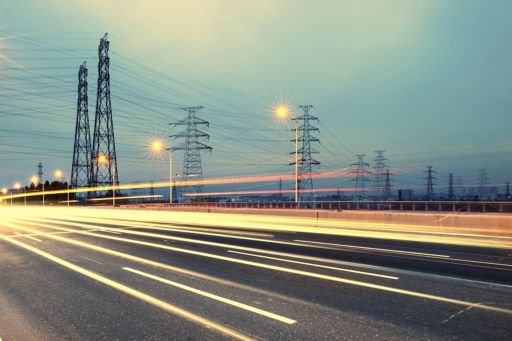Nigeria’s Electricity Supply Industry Highlights
Nigeria’s Electricity Supply Industry Highlights
It is almost impossible to discuss the growth potential of the Nigerian economy without recourse to the challenges in the power sector. Consequently, there have been concerted efforts by Government and other stakeholders in the sector to address these challenges and get the sector performing at its optimal potential.

This newsletter highlights some of the activities of these stakeholders and their impact on the industry.
Implementation of the National Content Development Regulations
There have been discussions, since privatization, on whether there is a need to replicate the Nigerian Content policy in the oil and gas industry for the electricity sector. In December 2014, the Nigerian Electricity Regulatory Commission (NERC) issued its “Regulations on National Content Development for the Power Sector, 2014”; aimed at promoting the deliberate utilization of Nigerian human and material resources, goods, works and services in the Nigerian electricity industry. However, the Regulations were not implemented until January 2019.
The commencement of implementation of the Regulations was made public at a two-day workshop on the Minimum Specification of Nigerian Content and Requirement for Labour in the Power Sector, which was organized by the NERC in January 2019. The Minister of Power, Works and Housing, Mr. Babatunde Raji Fashola, highlighted the necessity for Nigeria to develop local capacity in the power sector in order to minimize its dependence on foreign equipment and service. He also stated that the Regulations were in line with the Federal Government’s Executive Order 005, 2018 which was issued to promote the use of Nigerian content in contracts and services in the country’s engineering and science sectors.
The Regulations specify, in its Schedules, the expectations of the Commission with respect to the minimum requirement of Nigerian content in the various sub-sectors: Generation, Transmission and Distribution. Some of the expectations in the Schedules are highlighted below:
i. Generating Companies (Gencos) must engage manpower that is sourced 100% locally in the construction of foundations for power generation turbines, transformer plinths, control rooms and cable trenches as well as other civil works for power plants.
Click to download and read more on KPMG findings in this newsletter.
© 2024 KPMG Professional Services, a partnership registered in Nigeria and a member firm of the KPMG global organization of independent member firms affiliated with KPMG International Limited, a private English company limited by guarantee. All rights reserved.
For more detail about the structure of the KPMG global organization please visit https://kpmg.com/governance.